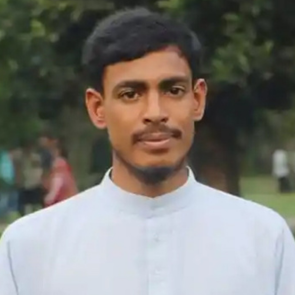#Bangladesh
#Bangladesh
Human rights defenders in Bangladesh face judicial harassment, arbitrary arrest, fabricated charges, abduction, physical attacks, torture and extrajudicial killings. Local extremist groups pledging allegiance to Al-Qaeda in the Indian Subcontinent often claimed responsibility for the attacks, which have targeted HRDs who write about women’s rights, indigenous peoples’ rights, freedom of religion, and other human rights issues. Despite these risks, there was no impetus on the part of the government to address the protection needs of HRDs. The authorities have so far failed to properly investigate a majority of the murders and impunity remains a serious concern.
HRDs working on different rights issues – including indigenous peoples' rights, economic social and cultural rights, women’s rights, migrant rights, labour rights, LGBTI rights, freedom of expression, police brutality, extra-judicial killings and disappearances, and sexual and reproductive rights – report decreasing their public activism and online writings in their area of expertise. Women human rights defenders have been particularly vulnerable: many of them have been sexually harassed and assaulted.
Restrictive legislation also poses a threat to the work of HRDs in Bangladesh. The 2016 Foreign Donations (Voluntary Activities) Regulation Act restricts the space for human rights organisations by criminalizing foreign funded NGOs which engage in "anti-state activities" or make "derogatory comments about the Constitution and constitutional institutions”. Faced with criticisms surrounding the Information and Communications Technology Act, Bangladeshi lawmakers drafted the 2018 Digital Security Act, intended to address the need for cybercrime legislation. However, the act criminalises many forms of freedom of expression and imposes heavy fines and prison sentences for legitimate forms of dissent. It gives the government absolute power to initiate investigations into anyone whose activities are considered a ‘threat’ by giving the police power to arrest without warrant, simply on suspicion that a crime has been committed using digital media. The DSA has been extensively used in the last year to target HRDs and has led to the removal of any content that the government deems ‘sensitive’.









